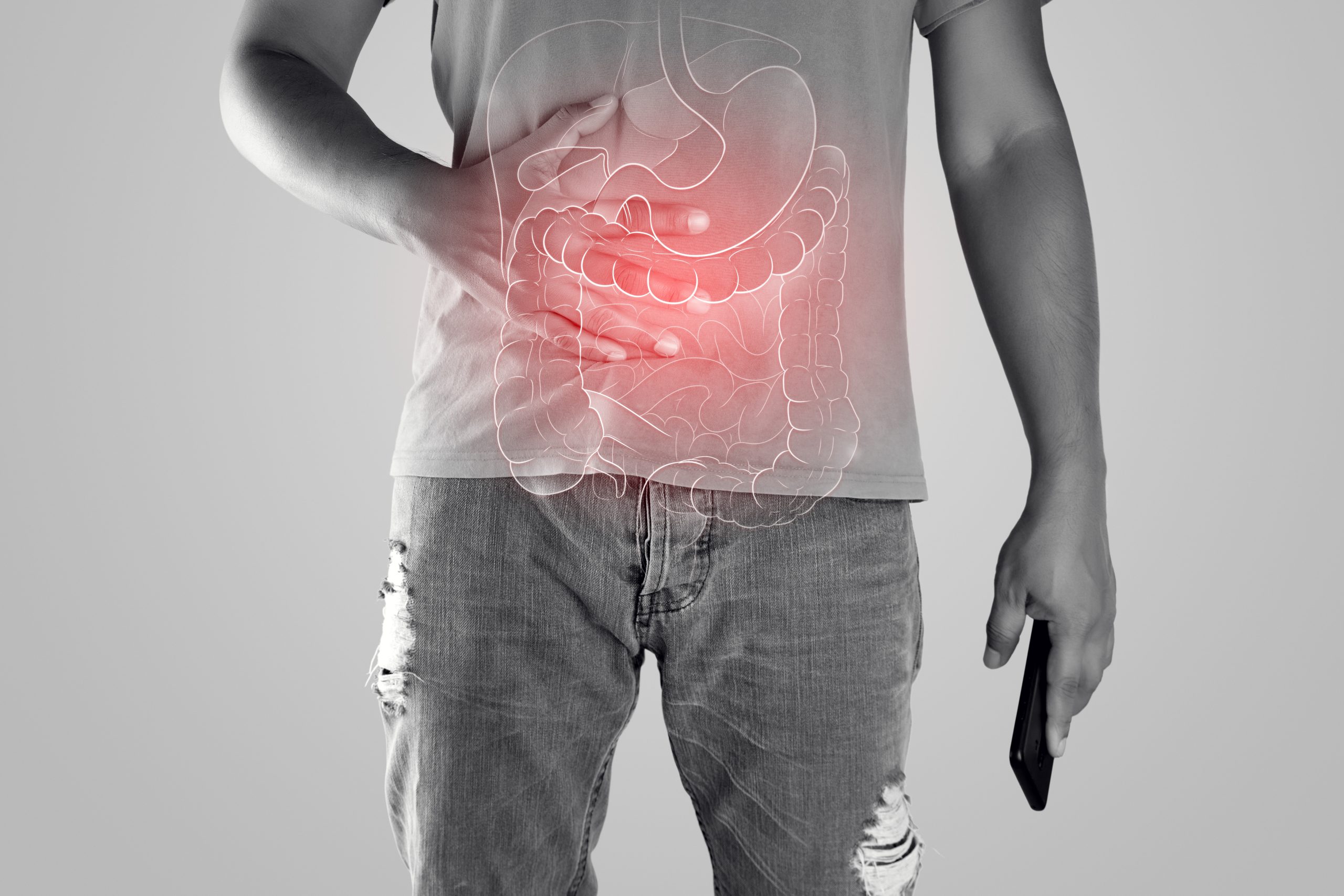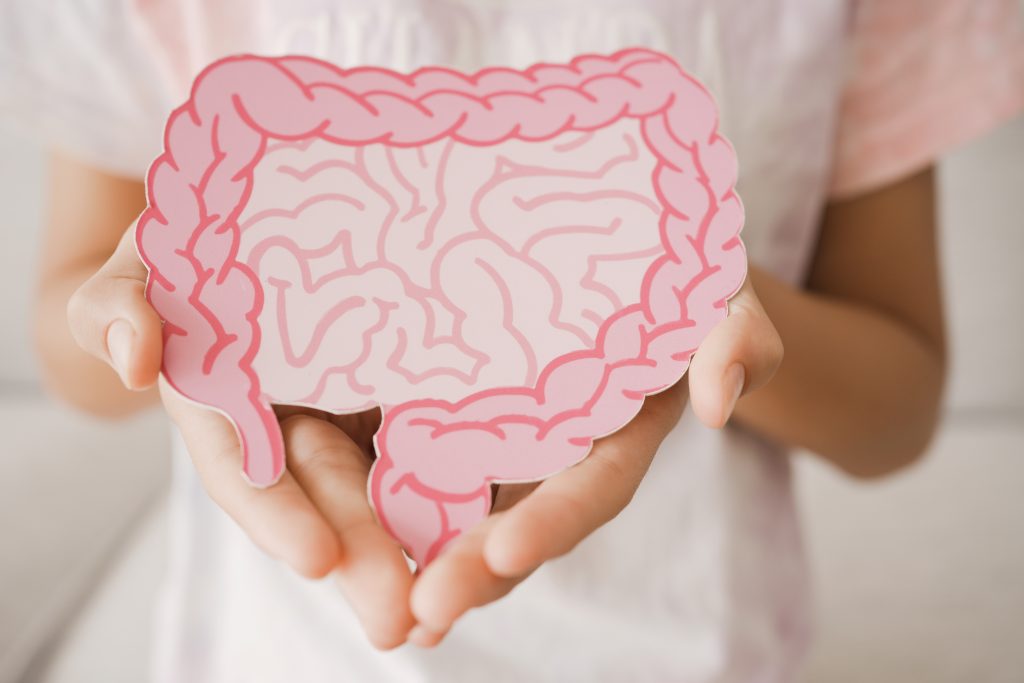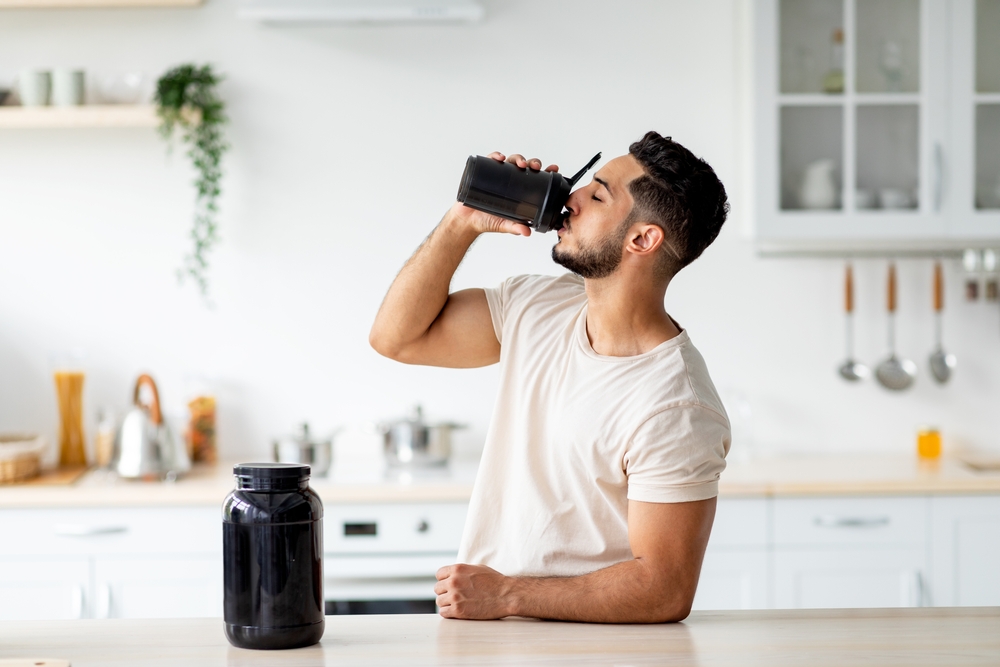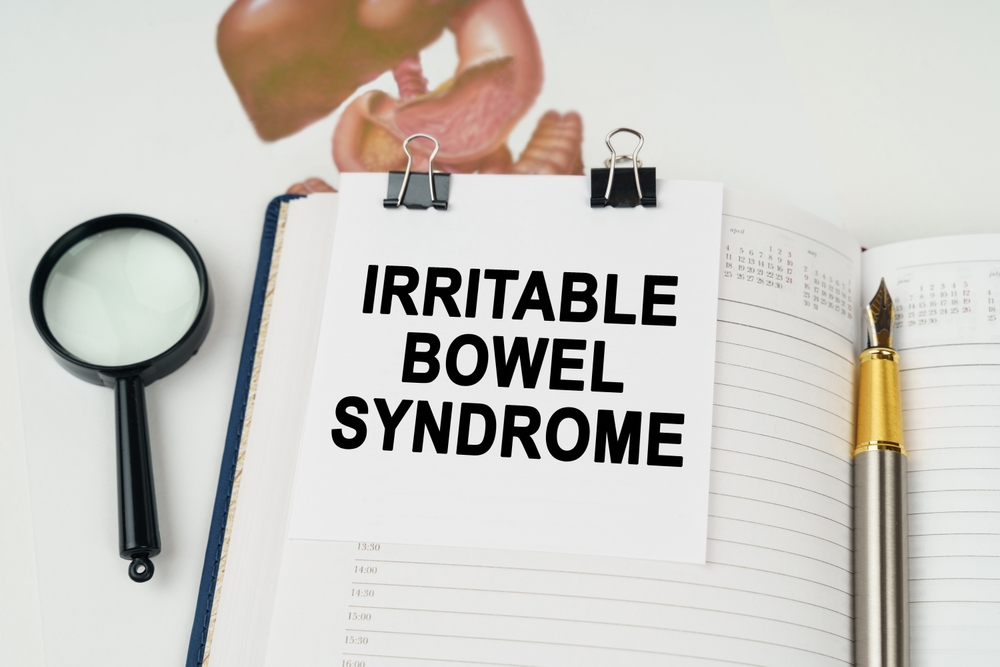While many people seek a definitive Irritable Bowel Syndrome (IBS) cure, the reality is that there is no permanent cure for the condition. However, it is possible to manage symptoms and improve quality of life with the right combination of effective treatments, natural remedies, and lifestyle changes.
Is There an IBS Cure?
Unfortunately, there is no known IBS cure at this time. IBS is a functional disorder, meaning that the symptoms are caused by how the digestive system works rather than any structural problem. Because of this, treatment focuses on managing IBS symptoms rather than curing the condition itself.
While no cure exists, it’s important to note that many people experience long-term relief from symptoms by using a combination of IBS treatments, dietary changes, and lifestyle changes for IBS. The key to managing IBS lies in identifying triggers and creating a personalized plan to reduce symptom severity.
Effective Treatments for IBS
Though there is no IBS cure, several effective treatments can help manage and reduce symptoms. These treatments include both medications and natural approaches. Medications such as antihistamines and antispasmodics can reduce cramping, while laxatives or fiber supplements can help with constipation. If diarrhea is the main issue, medications like antihistamines and loperamide can provide relief. In more severe cases, prescription drugs such as linaclotide or rifaximin may be prescribed to target specific symptoms.
Start by identifying triggers, including certain foods, stress, or hormonal changes. Medications can help target specific symptoms, while dietary strategies for IBS can reduce bloating and discomfort. Stress management techniques also play a key role in lowering symptom flare-ups.
Natural Remedies for IBS Relief
Many people look for natural remedies for IBS to complement medical treatments. Probiotics are commonly used to help balance gut bacteria, which can reduce bloating, gas, and irregular bowel movements. Herbal remedies such as peppermint oil and ginger can relieve cramping and other digestive symptoms. Peppermint oil, in particular, is known for its antispasmodic properties, which help relax the digestive tract muscles.
The best natural remedies include probiotics, which help improve gut flora, and herbal supplements like peppermint oil, which can reduce cramping. Dietary changes such as increasing soluble fiber or adopting a low FODMAP diet can also provide natural relief. Additionally, relaxation techniques like yoga, meditation, and deep breathing can reduce stress-related symptoms.
Dietary Strategies for Managing IBS
Diet plays a major role in managing IBS. While there isn’t a single diet that works for everyone, certain dietary strategies for IBS have proven helpful. The low FODMAP diet is one of the most effective, as it eliminates certain carbohydrates that are difficult to digest and can trigger bloating, gas, and other IBS symptoms. By avoiding foods that contain these fermentable carbohydrates, many people with IBS see significant symptom improvement.
The low FODMAP diet is considered one of the most effective dietary strategies for managing IBS symptoms. This diet eliminates high-FODMAP foods such as onions, garlic, beans, and certain fruits like apples and pears. Slowly reintroducing these foods helps identify which specific items trigger symptoms. Eating smaller meals more frequently and avoiding large, heavy meals can also ease symptoms.
Lifestyle Changes to Alleviate IBS Symptoms
In addition to dietary adjustments, specific lifestyle changes for IBS can significantly impact symptom management. Regular physical activity like walking or swimming helps improve digestion and reduce bloating. Getting enough sleep each night also supports gut health and reduces the likelihood of flare-ups.
Some of the most critical lifestyle changes for IBS include regular exercise, adequate hydration, and sufficient sleep. Exercise stimulates digestion and can help relieve constipation while drinking plenty of water supports overall digestive function. Additionally, following a consistent sleep schedule helps regulate gut health and prevent symptom flare-ups.
Can Stress Management Techniques Help with IBS?
Yes, stress is a major trigger for IBS symptoms, and stress management techniques can significantly reduce the frequency and intensity of flare-ups. The gut and brain are closely connected, and when you’re stressed, your digestive system may not function properly, leading to symptoms such as cramping, bloating, or changes in bowel movements.
Stress management techniques such as yoga, meditation, and breathing exercises can help calm the nervous system and alleviate IBS symptoms. Practicing mindfulness and setting aside time each day to relax can also reduce the stress that triggers IBS. Lowering stress levels can create a more balanced gut environment and minimize discomfort.
Looking for fast and effective relief for your digestive discomfort? Visit Get Relief Rx today to explore proven solutions to ease your symptoms and improve your gut health. Click here to start feeling better now!




